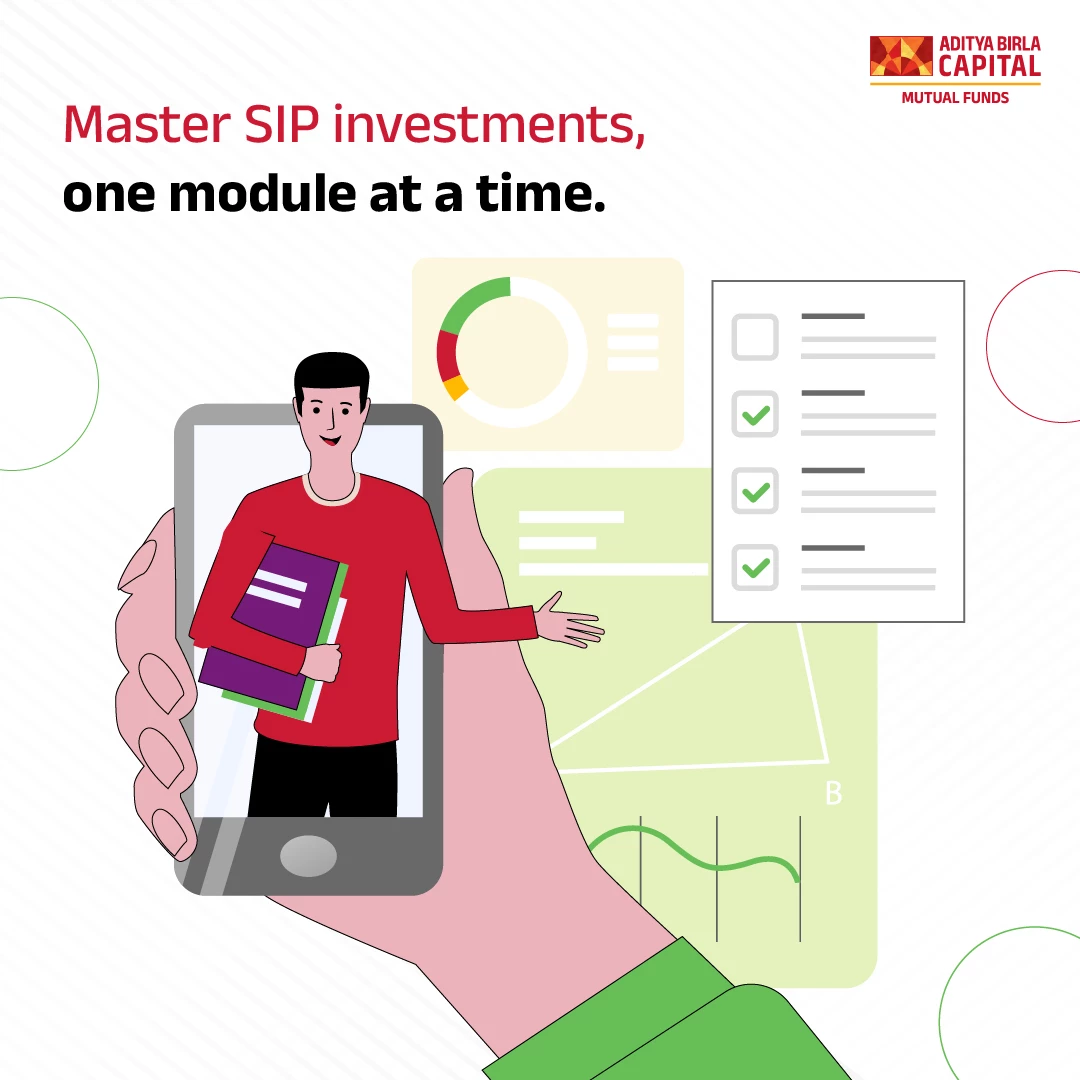Kunal is 21. He is a final year student who has received a great job offer from a reputed company. He is thrilled to start his career but is plagued with anxiety about moving to another city, setting up a home and managing his finances independently. He wants to succeed in his career and life and he doesn't want to fall into debt traps. He is aware he needs to manage his money, smartly but he isn't sure how to get started.
For students like Kunal, who are transitioning from full-time student to a working professional, understanding essential financial concepts and adopting smart money management practices is essential to attain financial freedom.
Money Management Rule 1: Live life within your means
Having your own money that you can spend on whatever you desire is a liberating experience. This sense of limitless freedom makes it easy to splurge on restaurants, electronics, night outs and more. Giving into every impulse becomes a problem if you spend the money you need to pay your bills and go from living like a king in the beginning of the month to surviving on bread and butter; and needing a loan from your parents or friends for a loan to tide you over until payday.
Kunal can avoid such situations by creating a monthly budget. He can list down how much he needs to pay rent, electricity bills, gas bills, phone bills, internet bills, groceries and daily travel. This will help him determine how much money he needs to make ends meet. It also shows him exactly how much 'excess funds' he has to save, invest and splurge.
Money Management Rule 2: Prioritize your needs over wants
Following a budget does not mean you cannot buy a phone, a laptop or a bike. It just means you need to prioritize your spending based on needs not wants. For example, you need a phone for work, to stay connected with family and friends, etc. You don't need to replace the smartphone every quarter or year.
By limiting non essential spending, Kunal can increase his ability to save and invest for future goals such as a car or a vacation.
Money Management Rule 3: Don't take on unnecessary debt
A necessary debt can be a loan to pay for an educational program or a home. This debt is an Asset as it has future monetary value. An unnecessary debt can be credit cards or a personal loan. This debt is a Liability as it doesn't have any future value and utilizes unearned income.By avoiding unnecessary debt, Kunal can avoid high rates of interest, overwhelming penalties and unnecessary financial burdens.
Money Management Rule 4: Don't just spend, save
Being told to 'Save' may be an annoyance but it can help you in an emergency. Imagine if your laptop crashes unexpectedly, your phone gets stolen or you get a flat tyre. If you don't have money set aside to deal with unexpected expenses, you may have to give up necessities, take a personal loan or borrow money from family or friends.By starting a saving habit, Kunal can create a financial cushion to help manage unexpected situations.
Money Management Rule 5: Plan for Inflation to prevent it from derailing your goals
In the past decade, the inflation rate in India has fluctuated between 3* and 11%. Why should it matter to you? Well, inflation devalues the worth of your money or increases the cost of products you may want to buy.
For example, let's assume Kunal wants to buy the bike. In 2018, the cost of a was approximately ₹56,954. Just 2 years later, the costs approximately ₹68,997. Assuming a 4% rate of inflation, in 2022 the will cost approximately ₹74,627.
So, if he doesn't plan for inflation he won't be able to achieve his future goals on-time. To beat inflation, he needs to consider investment routes that might deliver reasonable returns.
Money Management Rule 6: It's not enough save, invest
Saving can help you create a financial cushion but if you want to build wealth - it is important to invest.
When you start your wealth creation journey at the start of your career, you empower your money with time. Time has a compounding effect on your money i.e. it can turn a small investment into a significant amount. For example, let's assume Kunal invests ₹500/month for 30 years. Assuming 12% returns, Kunals's ₹1,80,000 investment will be potentially worth ₹15,41,658.
Pro Tip
Kunal can maximize his investment potential by increasing his investment amount as his salary grows.
By following these simple money management rules, Kunal can manage his money smartly, avoid debt pitfalls, grow his wealth and set himself on the path to financial freedom.
Plan today for a Wealthier tomorrow!
References
https://mutualfund.adityabirlacapital.com/investor-education/tools-and-alculator/sip-calculator
An Investor education and Awareness initiative of Aditya Birla Sun Life Mutual Fund
All investors have to go through a one-time KYC (Know Your Customer) process. Investors to invest only with SEBI registered Mutual Funds. For further information on KYC, list of SEBI registered Mutual Funds and redressal of complaints including details about SEBI SCORES portal, visit link : https://mutualfund.adityabirlacapital.com/Investor-Education/education/kyc-and-redressal for further details.
Mutual Fund investments are subject to market risks, read all scheme related documents carefully.
The calculations are for illustration purpose only. Past performance may or may not be sustained in future
*Inflation disclaimers & Interest rate disclaimers (The calculations are for illustration purpose only. Past performance may or may not be sustained in future. ABSLAMC /the Fund is not guaranteeing/offering/communicating any indicative yield/returns on investments. This calculation is based on assumed rate of returns and it is meant for illustration purposes only. The calculations are not based on any judgments of the future return of the debt and equity markets / sectors or of any individual security and should not be construed as promise on minimum returns and/or safeguard of capital.This calculation alone is not sufficient and shouldn’t be used for the development or implementation of an investment strategy. Past performance may or may not be sustained in the future)
*Performance Disclaimers ( The Financial Solution(s) stated above is ONLY for highlighting the many advantages perceived from investments in Mutual Funds but does not in any manner, indicate or imply, either the quality of any particular Scheme or guarantee any specific performance/returns)





 1800-270-7000
1800-270-7000





















